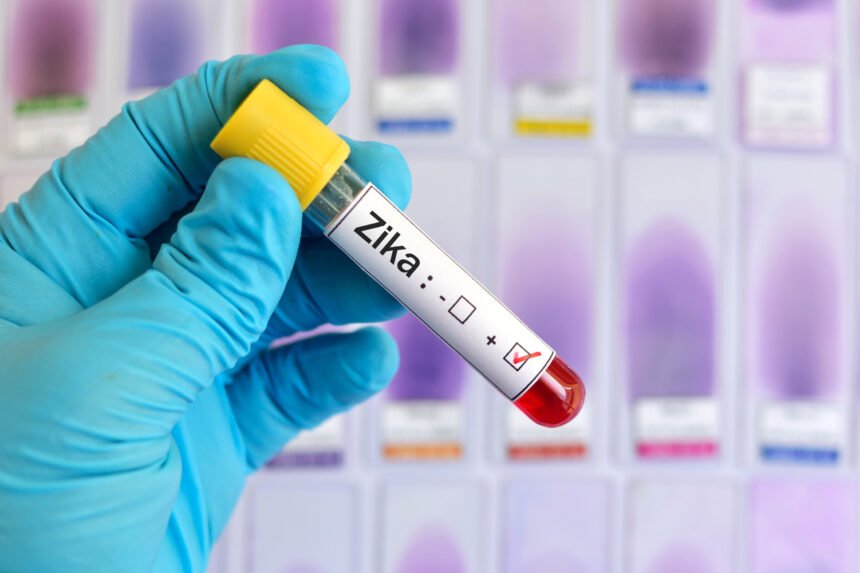A lot has happened over the last year related to the Zika virus. As healthcare professionals, we have an obligation to keep abreast of current legislation, science, and technology related to recent outbreaks. However, there’s a simple solution: create and test a vaccine that prevents further widespread infection. Contrary to popular belief, vaccines are very effective at preventing the spread of viruses like measles, polio, and the flu. In fact, some diseases were virtually eradicated until people recently started jumping on the “vaccines are evil and cause autism” bandwagon. It’s discouraging but true; however, in an age that favors popularity and clicks over critical thinking, it’s no surprise that many people don’t understand science—nor do they want to.
There is a scientific basis for recommending basic preventative measures like wearing mosquito repellent, using mosquito netting, and avoiding places where an outbreak is present. This is why it’s up to us, as health professionals, to encourage people to educate themselves about the causes of Zika outbreaks and how to avoid infection. In addition to being bitten, for example, there have also been reported cases of the virus contracted via sexual contact. However, mosquitoes are the most common source of infection, so it’s definitely in your best interest to protect yourself from being bitten.
Mosquitoes breed in pools of water, so encourage friends, family, patients, and clients to be aware of standing water on their property. Other important facts to be aware of include the facts that they bite primarily during the day—including early morning and late afternoon/early evening—and the yellow fever mosquito has spread the majority of the Zika cases. Possible symptoms last about a week; they include headaches, conjunctivitis, fever, rash, and joint and/or muscle pain. People infected by the virus usually have mild symptoms and don’t need to be hospitalized. Also, the time from exposure to when the symptoms begin—known as the ‘incubation period’—is not yet known.
In addition to the outbreak locations noted in the map above, Zika virus has also spread to the United States: there have been 227 confirmed cases of Zika virus in the state of Florida, thus far. To say this is troubling would be an understatement. The current response of the House and the Senate is gridlock, due to the usual partisan politics; as a result, healthcare legislation for funding Zika virus-related research and vaccines is currently at a standstill. Representatives have attempted to pass some sort of funding legislation to help combat the rapid spread of the Zika virus. However, as is the tradition with partisan politics in Washington D.C., legislation became stalled because Republicans stuffed the bill with last minute cuts in funding to Planned Parenthood and environmental causes.
Thankfully, the Center for Disease Control has released a series of informational posters designed specifically for healthcare providers. If your patients are interested in learning more information about current healthcare legislation, a few sites you can recommend to patients and clients include the Healthcare Leadership Council, the Henry J. Kaiser Family Foundation, the U.S. Department of Health & Human Services, and the Robert Wood Johnson Foundation. They cover not only current legislation on the Zika virus, but also information about patient privacy, the Affordable Care Act, and other types of health reform-related news.
* * *
Education is the key to prevention and health care reform. Now’s the time to educate ourselves and our patients, as well as our friends, families, and communities. What legislation do you feel called to speak out about? Share your stories of success or frustration in the comments, below!








